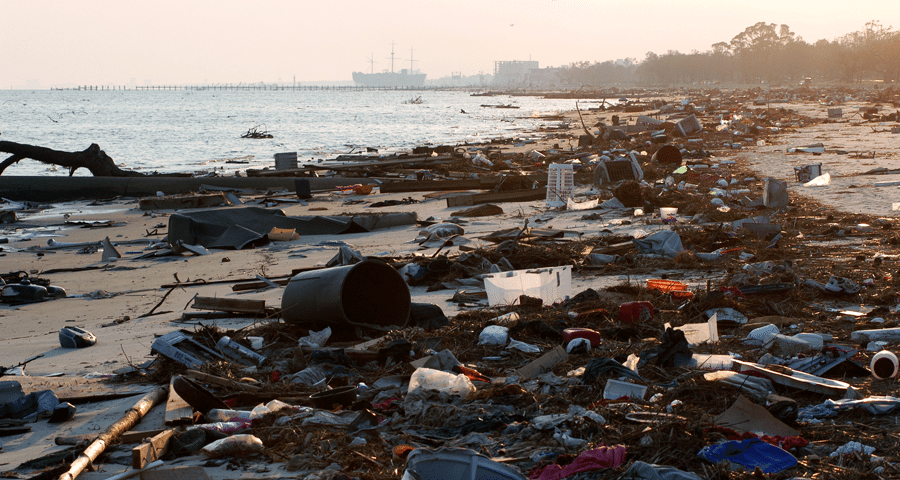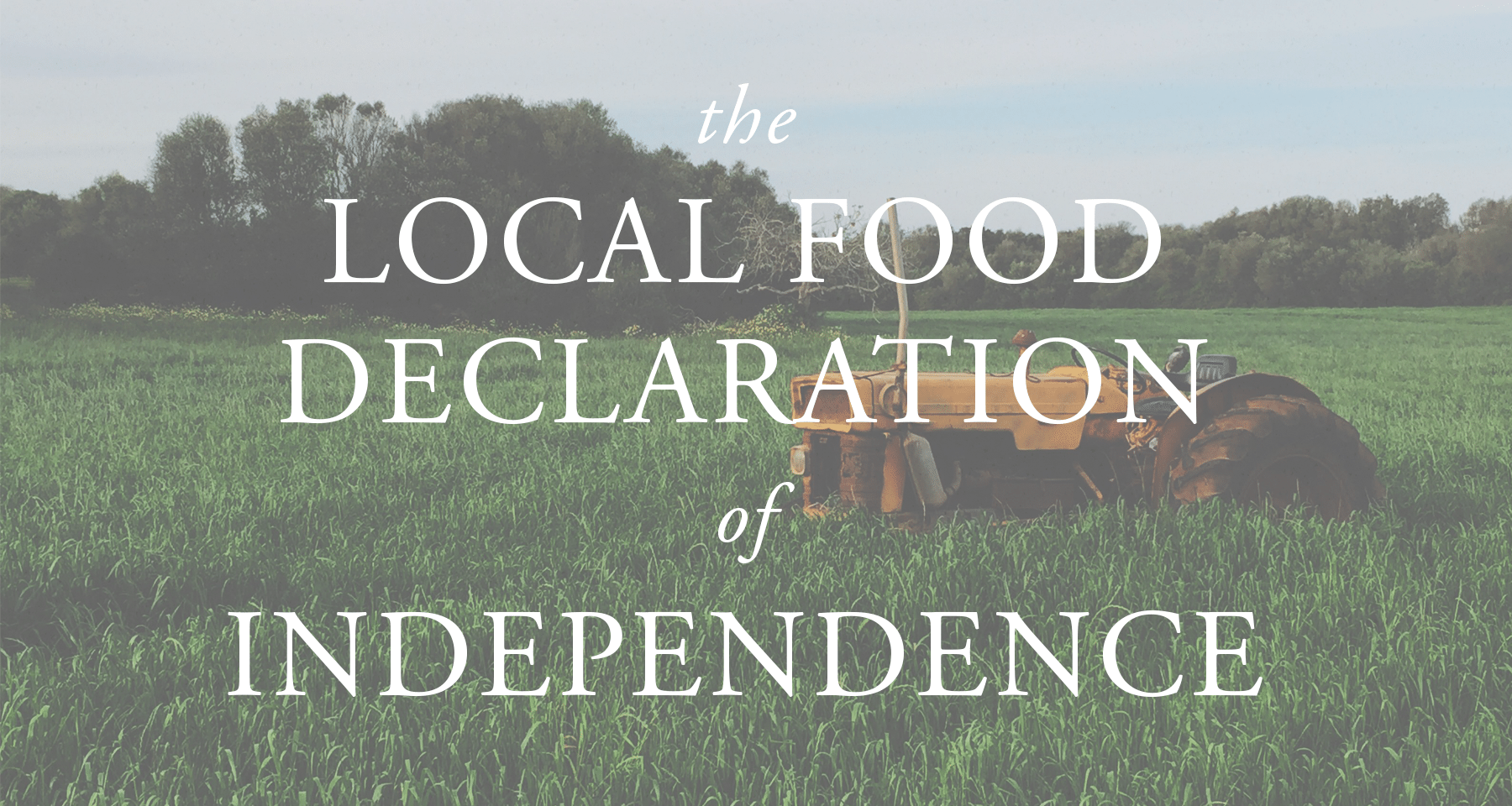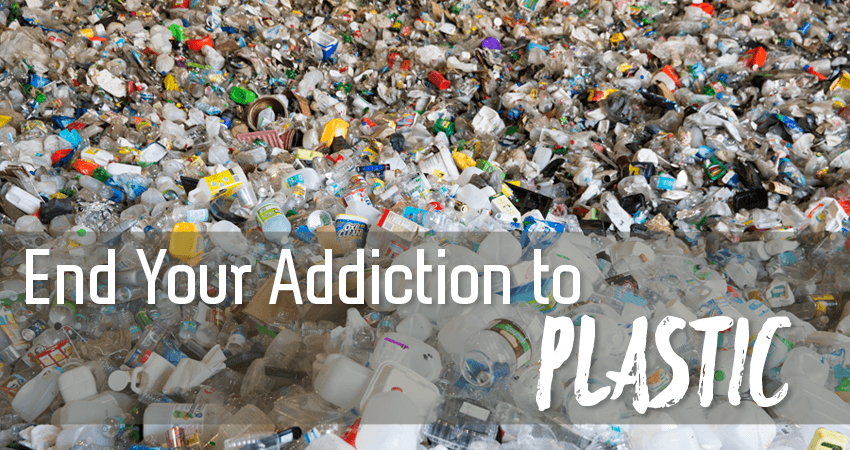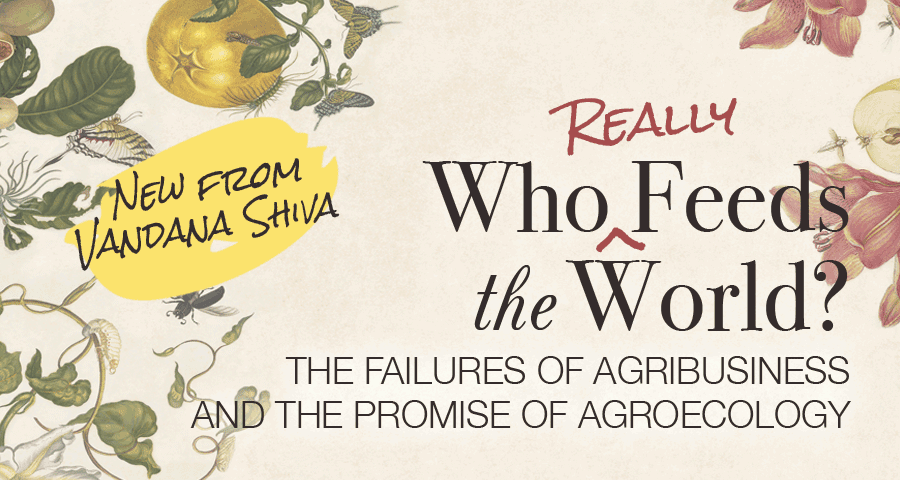
Sneak Peek: Vandana Shiva’s Who Really Feeds the World
Categories: Ecology & Sustainability Excerpt
In her latest book, scientist and activist Vandana Shiva delivers a powerful manifesto calling for meaningful agricultural consciousness and genuine sustainability. Shiva, whom Bill Moyers has called a “rock star in the worldwide battle against genetically modified seeds,” draws upon her thirty years of research to debunk the myth—propagated in large part by the GMO industry—that our current food crisis is inevitable and must be addressed through industrial agriculture and genetic modification. In this exclusive excerpt, Shiva provides a brief outline of those things that truly do feed the world:
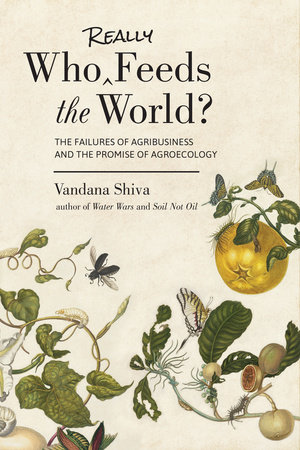
Tags: Social Change Sustainability & Conservation Vandana Shiva Food Policy & Sustainability EcologySo who, then, really feeds the world? Again, we must ask ourselves what we mean by “food” and what we mean by “world.” If “food” is the web of life—the currency of life, our nourishment, our cells, our blood, our mind, our culture, and our identity—and the “world” is Gaia—our rich and living planet, our Mother Earth, vibrant with diverse beings and ecosystems, multitudes of peoples and cultures—then it is the contributions of biodiversity, compassion, and the knowledge and intelligence of small-scale farmers that feed the world. My own research and lived experience over the last three decades has taught me that the answer to the food question does not lie in industrial agriculture but in agroecology and ecological farming.
Food is produced by the soil, the seed, the sun, the water, and the farmer, all interacting with one another. Food embodies ecological relationships, and the knowledge and science of interactions and interconnectedness that produce food are called agroecology. Agroecology feeds us.
Fertile soil is the basis of food production. Soil fertility is created by billions of soil organisms that come together to form the soil food web. Biodiversity and soils rich in organic matter are also the best strategy for climate adaptation and water conservation. Water is vital for living soils, and organic farming conserves water by increasing the water-holding capacity of soils through recycling organic matter. The soil becomes like a sponge, which can absorb more water, thus reducing water use and also contributing to resilience to climate change. Living soil feeds us.
Pollinators like butterflies take pollen from one plant to another, fertilizing them in the process. Without pollinators, plants would not reproduce. Pollinators feed us.
Feeding the planet means sustaining the integrity and diversity of the food web: from the soil to the oceans, from microorganisms to mammals, from plants to humans. The food system is not outside nature and the Earth. It is based on the ecological processes through which the planet creates, maintains, and renews life. The planet is living: its currency is life; its currency is food. As the ancient Indian text Taittiriya Upanishad reminds us, “Everything is food. Everything is something else’s food.” Nature, contrary to what industrial agriculture tells us, is very much alive, and its diversity feeds us.
Farmers are plant breeders and seed savers, soil conservators and soil builders, water preservers and water keepers. Farmers are food producers. While using only 30 percent of the world’s resources, small-scale farmers provide 70 percent of the planet’s food. Small-scale famers, farming families, and gardeners feed us.
Seed is the first link in the food system. Without seed there is no food. Without diversity of seed, there is no diversity of food and nutrition, which is vital to health. Without diversity of seed, there is no climate resilience in times of climate chaos and climate instability. Seeds feed us.
Food is not a commodity; it is not a perfume or a piece of jewelry that can be sold anywhere in the world. Every being engages with food differently, and each culture or locality produces its own food. Since everyone must eat, local food sovereignty is the key to food security: localization feeds us.
Working with seed, biodiversity, soil, and water, according to the laws of nature and ecology, is the basis of food production. This knowledge and its practice have traditionally belonged to women, who make up the majority of the world’s food producers. Women feed us.
Food is life, and it is created through living processes that sustain life. In agriculture and food production, nature and nature’s laws come first. Violating these laws and trespassing on nature’s limits of renewal—of seed and soil, water and energy—is a recipe for food insecurity and future famines. While rejuvenating nature’s economy, ecological agriculture produces more and better food, and it rejuvenates the health and well-being of communities. Taking care of the Earth and feeding people go hand in hand.

